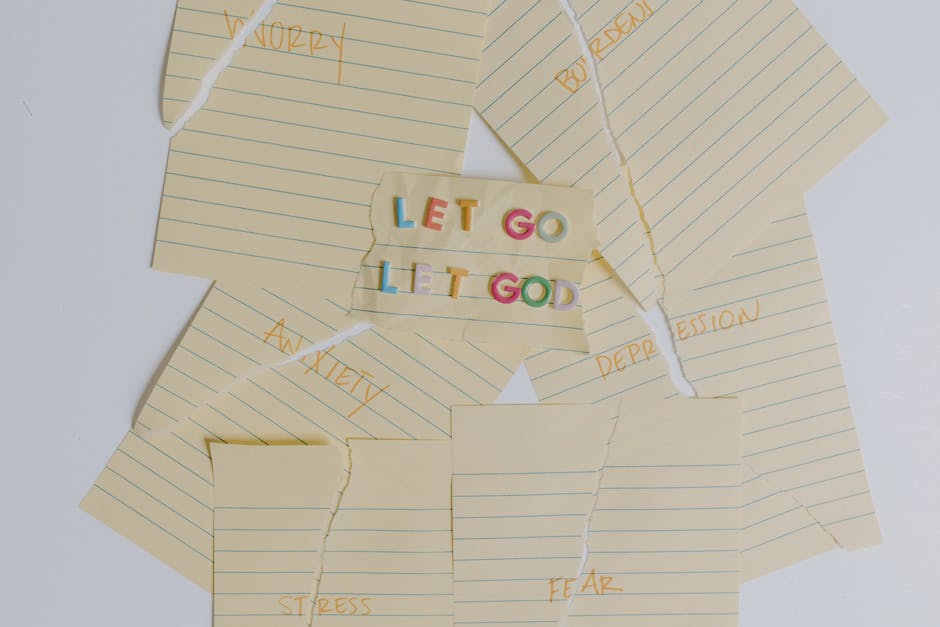
Unlocking Your Potential: Overcoming Limiting Beliefs
Limiting beliefs are those deeply ingrained thoughts or beliefs that hold us back from reaching our full potential. They can stem from past experiences, societal norms, or self-doubt. However, in order to truly unlock our potential, we must first identify and overcome these limiting beliefs.
One common limiting belief is the fear of failure. Many people are afraid to take risks or try new things because they fear they will fail. This fear can be paralyzing and prevent us from reaching our goals. However, it is important to remember that failure is a natural part of the learning process and can actually lead to growth and success. By reframing our mindset and seeing failure as an opportunity for growth, we can overcome this limiting belief.
Another common limiting belief is the belief that we are not good enough. This belief often stems from comparing ourselves to others or feeling like we do not measure up to certain standards. However, it is important to remember that everyone has their own unique strengths and abilities. By focusing on our own strengths and building our self-confidence, we can overcome this limiting belief and realize our full potential.
One way to overcome limiting beliefs is to challenge them head-on. Take some time to reflect on the beliefs that are holding you back and ask yourself why you believe them. Are these beliefs based on facts or are they simply assumptions? By questioning the validity of these beliefs, you can begin to see them for what they truly are – just thoughts that can be changed.
It can also be helpful to seek support from others. Talk to friends, family members, or a therapist about your limiting beliefs and get their perspective. Often, an outside viewpoint can help us see things more clearly and challenge our beliefs in a positive way.
Additionally, practicing self-care and self-compassion can help us overcome limiting beliefs. Take time to nurture yourself and practice self-care activities that make you feel good. Remember to be kind to yourself and treat yourself with the same compassion and understanding that you would offer to a friend.
Finally, it is important to set goals and take small steps towards achieving them. By setting achievable goals and taking action towards them, we can build our confidence and prove to ourselves that we are capable of reaching our full potential. Celebrate your successes, no matter how small, and use them as motivation to continue pushing forward.
Overall, unlocking your potential and overcoming limiting beliefs is a journey that takes time and effort. It requires self-reflection, support from others, and a willingness to challenge your beliefs. However, by taking these steps and committing to your personal growth, you can break free from the constraints of limiting beliefs and reach your full potential.






